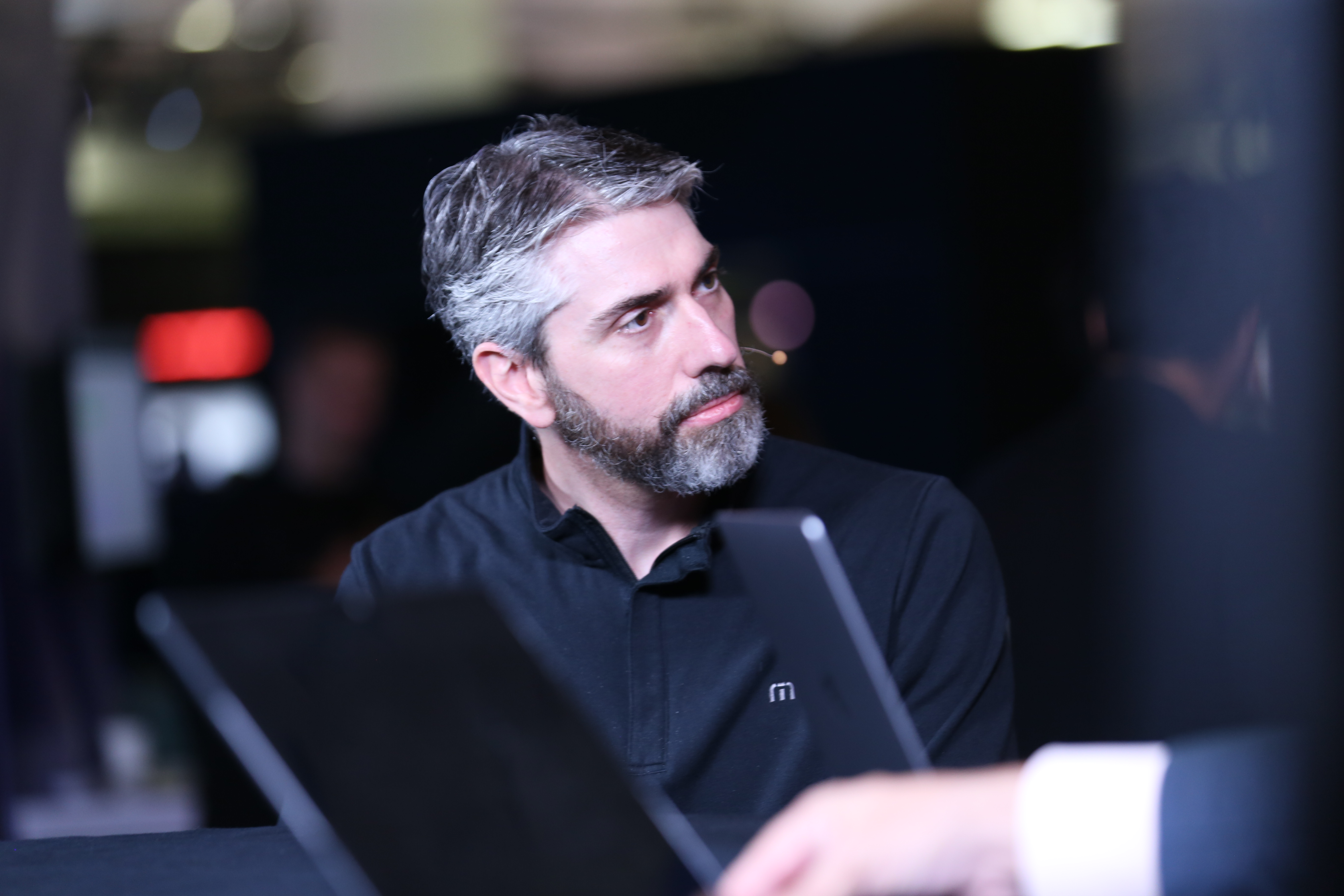 AI
AI
 AI
AI
 AI
AI
The unveiling of Mosaic AI by Databricks Inc. marks a significant step forward in the enterprise application of artificial intelligence, emphasizing collaboration and open-source innovation.
In line with the principles of data democratization and decentralization, Databricks is also making its data governance tool, Unity Catalog, open source. This move aims to establish a unified standard for data management, enhancing interoperability and empowering users to take full control of their data and AI workloads.

Databricks’ Joel Minnick talks about platform updates to Unity Catalog and the Mosaic AI unveiling.
“The central thesis of Databricks has always been, you should be in control of your data,” said Joel Minnick (pictured), vice president of marketing at Databricks. “And as a result, [be] in control of the workloads that then feed your data or that go off of your data. [There are] two things we really wanted to solve this year. One is the Lakehouse has always been about being able to bring all your data together. The format that your data is stored in should not be something that drives all the decisions you have to make beyond that.”
Minnick spoke with theCUBE Research’s John Furrier and Rob Strechay at the Data + AI Summit, during an exclusive broadcast on theCUBE, SiliconANGLE Media’s livestreaming studio. They discussed the open-source initiatives at Databricks for seamless data integration and the democratization of AI. (* Disclosure below.)
The move to make Unity Catalog open source aims to create a unified standard for managing structured and unstructured data, benefiting customers and the broader data community. By acquiring Tabular Technologies Inc., the goal is to accelerate the interoperability between Delta Lake and Iceberg, two prominent data formats. By combining the engineering prowess of Tabular and Databricks, the company aims to eliminate customer worries about data format compatibility, according to Minnick.
“It’s about accelerating interoperability,” he said. “There are systems built on Delta Lake [and] there are systems built on Iceberg. That’s fantastic, but as a user, I shouldn’t have to worry about what format my data is in, but then how I can use my data.”
A new metric layer integration has also been introduced within Unity Catalog to enhance its capabilities. This addition is expected to streamline the creation of business reports and improve AI/BI outcomes by providing richer metadata and more precise data relationships.
Embracing the strategic convergence of data engineering and business intelligence, Databricks is bringing together these traditionally separate domains through its unified platform. This integration is designed to foster collaboration among data engineers, analysts and data scientists, allowing these teams to work seamlessly on a common set of tools and data foundations, according to Minnick.
“If it’s analytics or AI, the quality of your data is going to dictate the success of all of those things,” he said. “The strength of which the platform can handle data engineering is fundamental to the success of the platform overall. And the announcements today around Lakeview [focus on] how we make that data engineering process on Databricks as fast and efficient as it possibly can be.”
Databricks unveiled several new tools and frameworks aimed at making AI more accessible and effective. The Mosaic AI framework was introduced to streamline the end-to-end workflow from data preparation to model deployment and evaluation. Unity Catalog plays a critical role by setting governance standards that ensure data quality and compliance throughout the AI lifecycle, according to Minnick.
“As Databricks has sought to make data easier for customers to use we’ve talked a lot about bringing AI to your data,” he said. “How do we make the platform easier to use because we’re making AI-driven decisions around how to run the platform? The other side of the equation is to say then… ‘Well, if I have all this data, how do I go and use it to build my own intelligent applications? And that’s what Mosaic AI is.”
Here’s the complete video interview, part of SiliconANGLE’s and theCUBE Research’s coverage of the Data + AI Summit:
(* Disclosure: Databricks Inc. sponsored this segment of theCUBE. Neither Databricks nor other sponsors have editorial control over content on theCUBE or SiliconANGLE.)
THANK YOU